Calls for Ukraine
Calls for Europe
Calls for USA
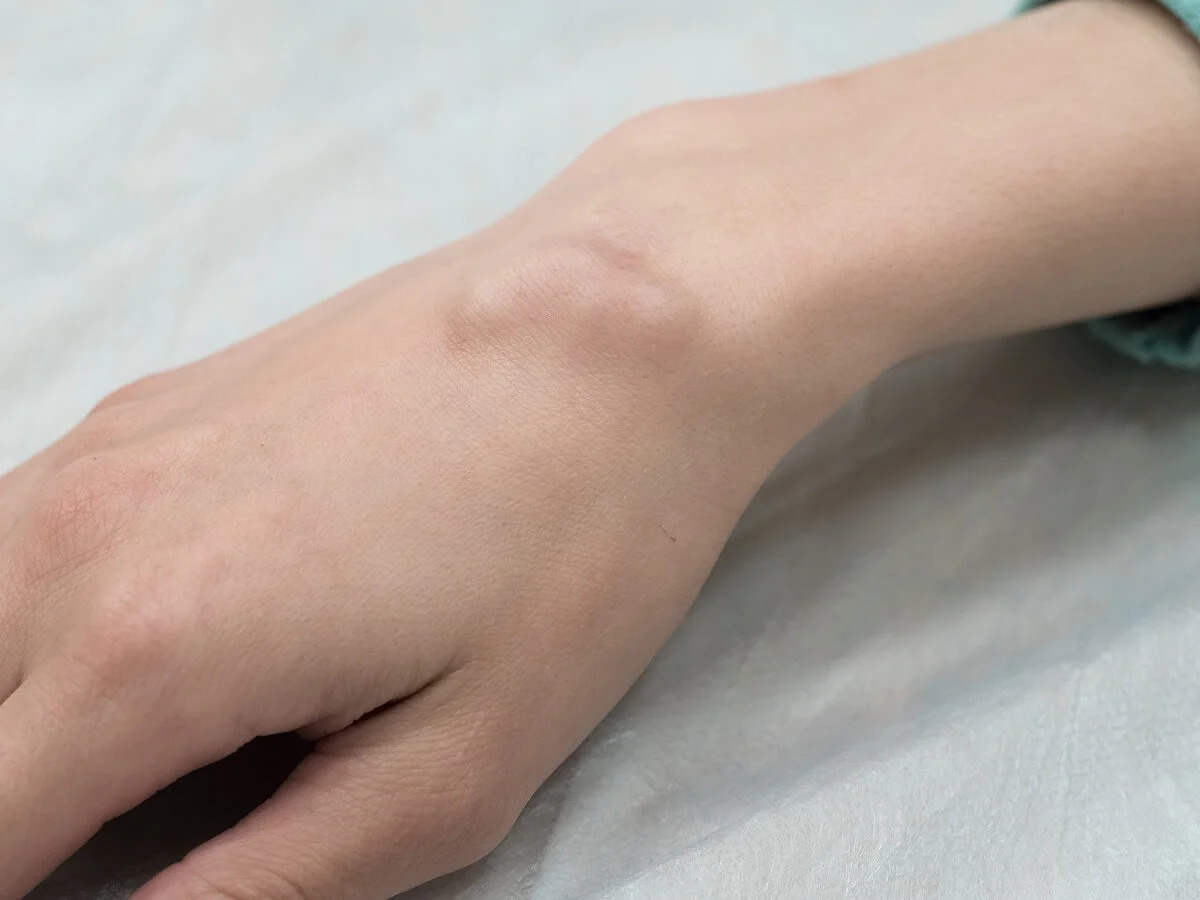
Desmoid fibroma is a rare tumor. Its incidence is 2-4 cases per 1 million population (0.03% of all diagnosed neoplasms). Despite the fact that desmoids do not spread to distant organs and tissues, they have a high tendency to relapse.
Traditionally, desmoid tumors have been treated surgically. However, this approach was associated with a high risk of complications. Resection of neoplasms located near large blood vessels and nerve plexuses can lead to significant functional impairment. In addition, fibroids often recur after surgery (in 20-39% of cases). Therefore, in recent years, safer and more effective strategies for the treatment of desmoid fibromatosis have been developed, which will be discussed in this article.
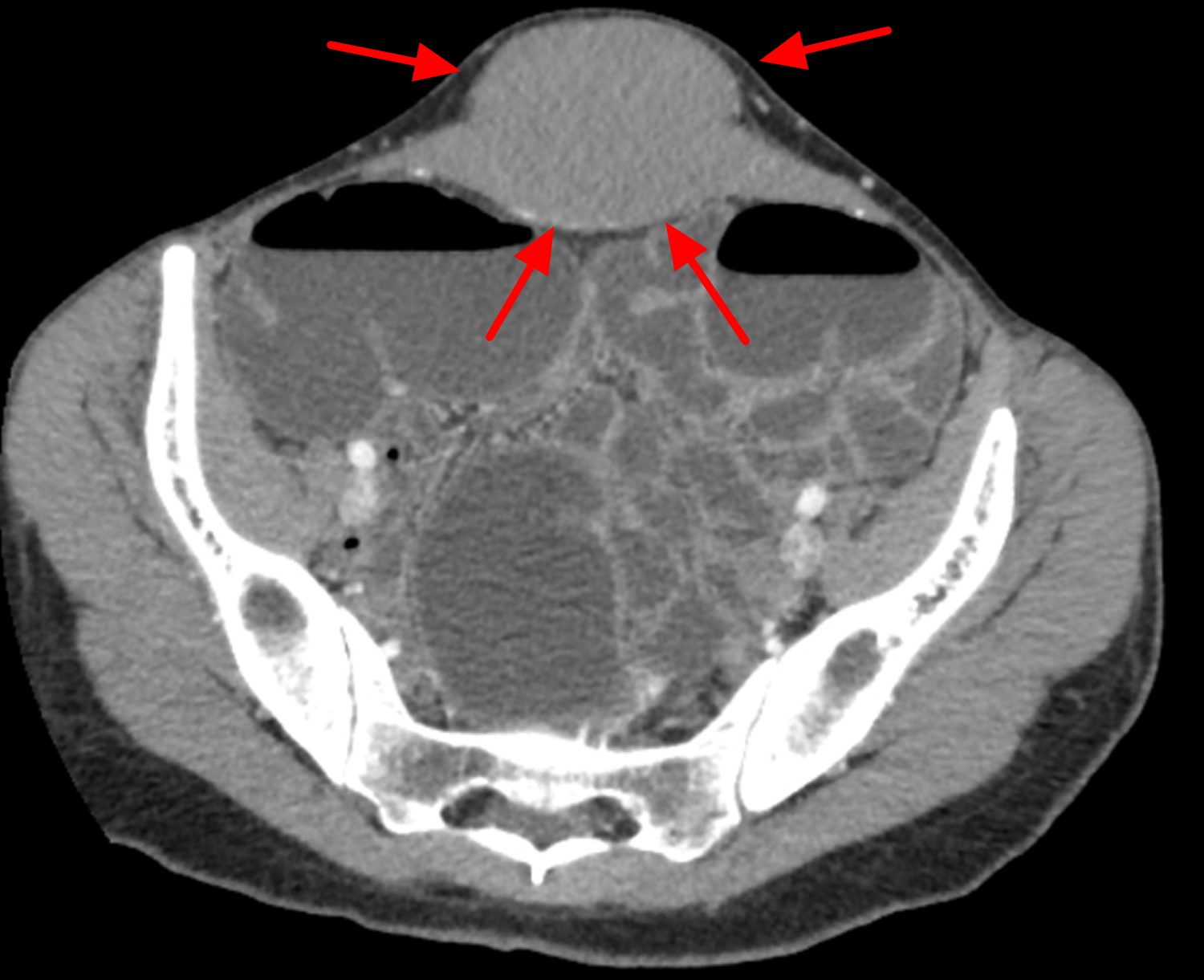
Desmoid fibromatosis is a deeply located locally aggressive neoplasm. The tumor arises from fibroblasts, cells that are the basis of connective tissue. The disease is also known as aggressive fibromatosis, deep fibromatosis, musculoaponeurotic fibromatosis, and desmoid tumor.
Fibromatosis often develops between the ages of 15 and 60, and predominantly in women. The disease can affect any part of the body, but it usually occurs in the extremities, in the abdominal wall, and in the mesentery (thin membrane that covers the abdominal organs).
Desmoids are locally aggressive neoplasms. They do not metastasize to distant organs like cancerous tumors, but they can penetrate nearby tissues and cause severe pain by squeezing nearby structures. Desmoid fibromas can grow very quickly or very slowly. Fast-growing tumors are the most dangerous. Desmoids are difficult to remove surgically because they often recur.
Since desmoid fibromatosis is rare, only a small number of doctors specialize in the treatment of this disease. It is very important that the therapeutic protocol is drawn up by an experienced specialist. MedTour company cooperates with leading oncologists of the world. Call or write to us, and the medical coordinator of MedTour will select for you the best doctor for the treatment of desmoid fibroma for free.
The exact causes of desmoid fibromatosis are unknown. However, studies show a genetic link. Most desmoids arise from a sporadic (random) gene mutation, and only a small percentage of them are inherited. People with familial adenomatous polyposis or Gardner’s syndrome are 1,000 times more likely to develop fibromatosis. Other risk factors include the following:
Desmoid fibromas tend to develop in places of postoperative scars, especially after caesarean section and intra-abdominal resections.
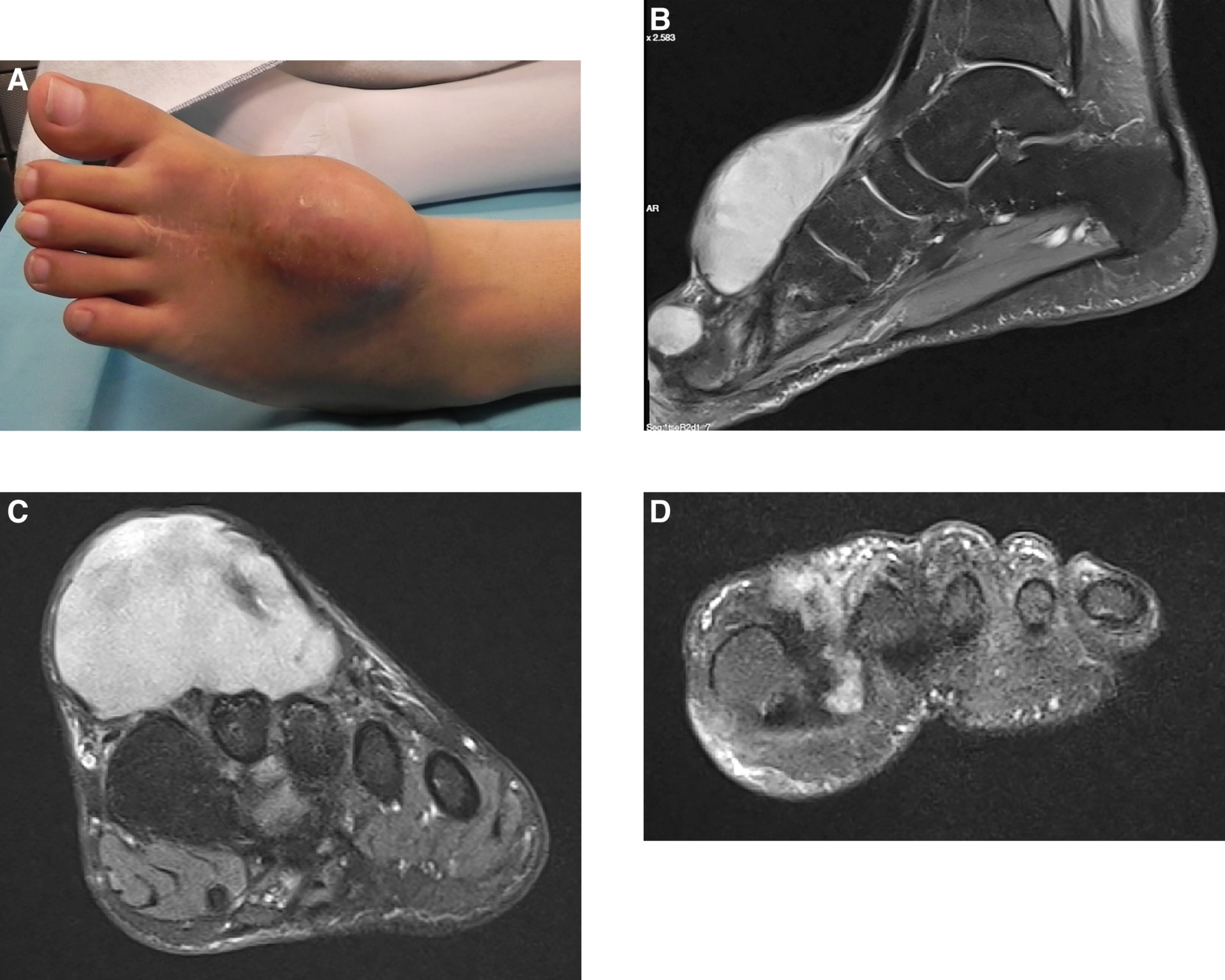
Symptoms of the disease vary depending on the size, stage and location of the tumor, as well as how deep it has grown into the surrounding tissues. Since desmoids mainly affect easily moved tissues in the body, they can develop for quite a long time without manifesting themselves. However, there are signs that you should pay attention to.
Symptoms of desmoid fibromatosis are nonspecific, meaning they are also characteristic of other diseases. Therefore, it is important that the diagnosis is carried out by an experienced specialist. Contact the MedTour coordinating doctor in any way convenient for you for a free selection of an oncologist for you, specializing in the diagnosis and treatment of desmoid tumors.
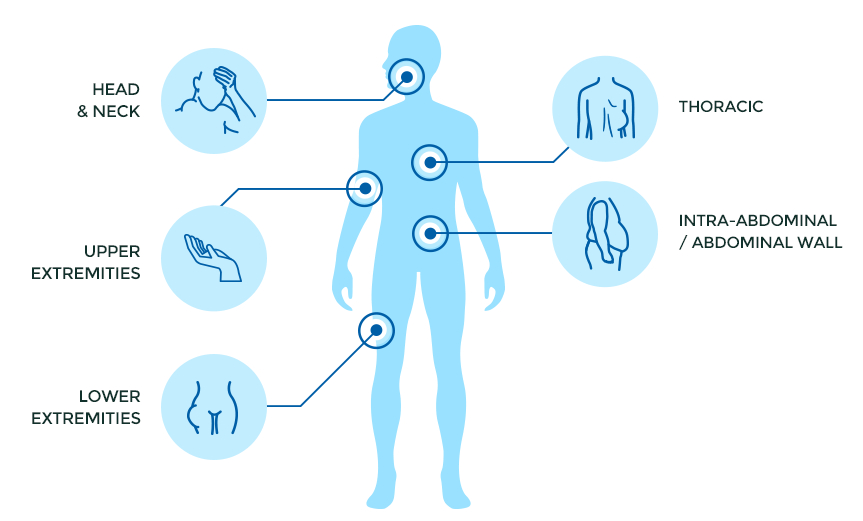
Depending on the localization, doctors distinguish several types of desmoid tumors:
As a rule, a person develops one desmoid tumor, although several formations can develop at once.
The desmoid staging system is somewhat different from the standard cancer staging system. Doctors divide tumor development into 4 stages:
Staging of desmoid fibromatosis helps to choose the most effective therapeutic tactics and determine the prognosis of the disease.

Desmoids are often found during examination with medical imaging tests for a different reason. They may be seen during an MRI or CT scan. A definitive diagnosis is not possible without a biopsy and subsequent histological analysis. Since desmoid fibromas are very rare, it is important that the tissue sample be examined by an experienced specialist who has previously encountered this disease.

Historically, surgery has been recommended as the first line of treatment. However, studies have shown that desmoid tumors have a high risk of local recurrence even with good surgical margins. Although statistics vary, between 25% and 60% of patients who undergo surgery may have local recurrence. Surgery can also lead to serious complications due to the wide surgical margins required to remove the entire fibroma. Therefore, new strategies for the treatment of desmoid fibromatosis have been developed today.
Active monitoring
This technique involves careful monitoring of the condition of the fibroma using CT or MRI. This approach is considered appropriate, since many desmoids remain stable for many years or even regress (decrease). Switching from active surveillance to treatment is recommended when the tumor begins to grow or causes symptoms. If the tumor is located near critical structures, such as the mesentery or the head and neck region, treatment may be started earlier due to the risk of serious complications. The decision to continue active monitoring is made by the doctor individually in each case.
Medical therapy
There is no single generally accepted treatment for desmoid tumors. Based on the patient’s health status and the nature of the fibroma, the oncologist will recommend the best options currently available.
Desmoids are well treated with chemotherapy. Currently, various protocols have been developed, which may include the use of one or more chemotherapy drugs. Chemotherapy may be given to shrink the desmoid fibroma and make it easier to remove with surgery.
Non-steroidal anti-inflammatory drugs (NSAIDs) help to slowly shrink desmoid fibroids and relieve associated pain and swelling.
In recent years, there has been an active study of personalized methods of treating fibromatosis using targeted drugs. There is evidence that tyrosine kinase inhibitors may be useful in the treatment of advanced or recurrent desmoid tumors by shrinking or stopping their growth.
Radiation therapy
Physicians specializing in the treatment of sarcomas and desmoid fibromas generally do not recommend radiotherapy because it is associated with the risk of cancer or more aggressive types of sarcomas. Radiation therapy is prescribed only if the patient has no other, safer treatment options left.
Ablation
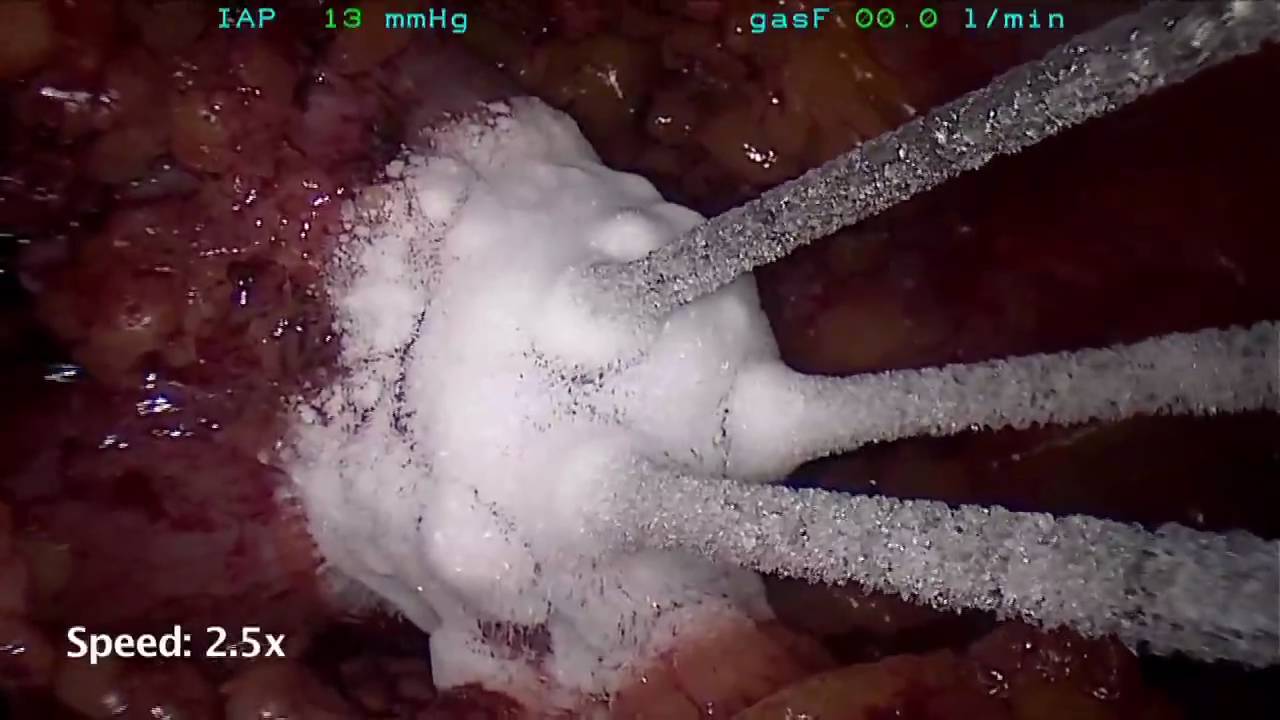
Cryoablation is a local-regional therapy designed for less invasive treatment of desmoid fibroids. During the procedure, the doctor places a probe directly into the tumor. Tumor cells are damaged by freezing and thawing. Another minimally invasive treatment for desmoids is High Intensity Focused Ultrasound (HIFU). It destroys pathological cells without affecting healthy surrounding tissues.
Currently, there is a wide range of effective treatments for desmoid fibromatosis. A well-designed therapeutic protocol can successfully cope with the disease and significantly reduce the likelihood of relapse. The MedTour platform cooperates with leading oncologists from all over the world. We will select for you an experienced doctor and the best clinic, as well as help organize treatment and resolve all emerging issues.
As such, there are no specific measures to prevent desmoid tumors. Patients who suffer from familial adenomatous polyposis should be attentive to their health and undergo regular examinations by an oncologist. Additionally, doctors recommend leading a healthy lifestyle, watching your weight, sticking to a balanced diet, giving up bad habits and taking time for physical activity.
Since surgery is associated with a high risk of recurrence, it would be more correct to put the question in this way: “What will happen if desmoid fibromatosis is not treated?”. Lack of qualified medical care can lead to serious complications, such as:
Desmoid fibroma is an aggressive tumor. Therefore, it must be treated with the utmost care. It is important that the clinic chosen for treatment has modern equipment and access to innovative methods of therapy.
The MedTour company closely cooperates with the best medical centers specializing in the treatment of tumor diseases. Call the number listed on the site or fill out the feedback form to get a free consultation. The medical coordinator of MedTour will contact you as soon as possible and help you choose the medical center that best suits your personal needs.
The MedTour platform contains information about leading oncologists from around the world. We will select for you an affordable specialist who has experience in the treatment of desmoid fibroids. To contact us, call us by phone or fill out the feedback form.
Please rate the work of MedTour
